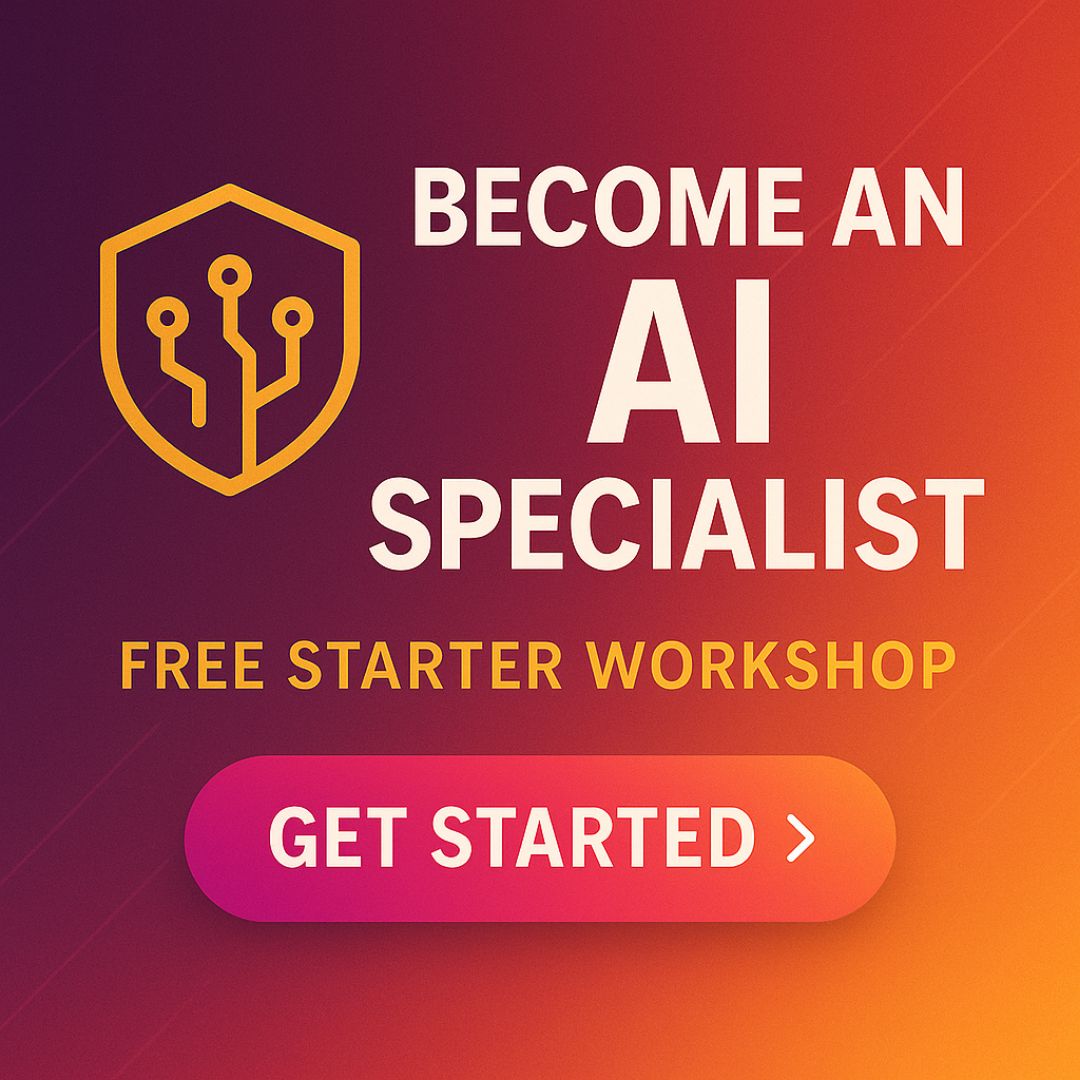- TLDR AI
- Posts
- Silicon Valley just built a playground for AI
Silicon Valley just built a playground for AI
PLUS: Grok 4 lands, TikTok cuts a deal, and OpenAI plots new hardware
This week, AI gets faster and sneakier. xAI just dropped Grok 4, its fastest model yet. OpenAI is reportedly building hardware to put ChatGPT in your ear and Silicon Valley is betting on virtual “playgrounds” to train the next generation of agents. Also: Trump’s TikTok dance with China is back.
In today’s TLDR AI:
Grok 4 is here and it’s fast, slim, and getting more agentic
OpenAI may launch its own ChatGPT hardware
Trump’s TikTok deal could remake the AI data pipeline
AI agents are being raised inside synthetic training environments
LATEST DEVELOPMENTS

TLDR: xAI released Grok 4 Fast, a version of Grok designed for speed and cost efficiency without losing much in reasoning ability.
The model supports reasoning and non-reasoning tasks in a unified architecture.
It features a 2 million token context window, enabling it to handle much longer inputs than many competitors.
Grok 4 Fast is positioned to be more affordable, especially for enterprise and high‑volume users.
Why it matters: Speed and scale are the new power. If Grok 4 Fast delivers, this could shift usage from heavyweight models to leaner ones for many tasks.

TLDR: The U.S. and China agreed to a framework that could let TikTok’s U.S. operations stay open under largely American control, including licensing its algorithm.
Oracle, Silver Lake, and other U.S. investors are expected to take majority control in a new U.S.‑based entity.
ByteDance will retain a minority stake (< 20%), though regulatory and board control will shift.
The U.S. plans to sign an executive order to confirm compliance with laws targeting foreign ownership and data security.
Why it matters: TikTok’s future isn’t just about dances and viral clips, it’s now a high‑stakes geopolitical and tech infrastructure issue. Algorithm control and data ownership are emerging as power levers in AI regulation.

TLDR: Rumors suggest OpenAI is preparing a line of hardware products—smart glasses, a screen‑less speaker, and even a wearable pin aimed at making AI more ambient and less tied to phones or screens.
The hardware effort appears guided by designers with pedigree (reportedly including ex‑Apple design leadership).
A smart speaker companion product is likely the first in the line, with smart glasses and wearable accessories following in the 2026‑2027 timeframe.
The roll‑out seems aimed at use cases where voice and presence matter more than screen: home, ambient computing, wearable AI.
Why it matters: If OpenAI nails this, they won’t just be a software company, they’ll be a device company. That elevates the brand to physical presence in people’s lives, where interfaces shift from touch to sight and speech.

TLDR: AI labs are investing heavily in synthetic training environments to give their agents realistic tasks and experiences.
Companies like OpenAI and Anthropic are building browser-like simulators for agents to learn tool use and workflows.
Startups like Mechanize are selling “sandbox” environments tailored for RLHF and agentic skill-building.
Even data labeling firms are pivoting to “environment engineering” for agent training.
Why it matters: Training AI in static text has limits. Environments let agents live, fail, and adapt. Whoever builds the best digital playground may own the next leap in intelligence.
COMMUNITY
Want to master AI & automations? Ready to turn your AI skills into a new revenue stream? Get started with our FREE workshop.
Learn how you can monetize AI and get certified as an AI specialist during our free web class. Click here to register.

Reply